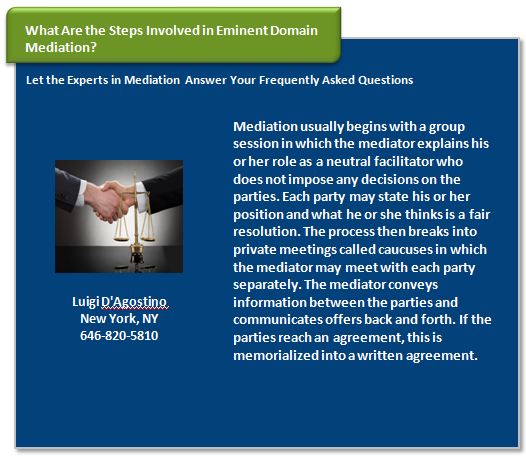 Sexual harassment is against the law. If an employer does not respond properly to such complaints, it may be subject to stiff penalties. Sexual harassment may result in corrective action against the accused, such as counseling, discipline and termination. Employers may wind up on the receiving end of a lawsuit. Unchecked sexual harassment can leave a victim in a vulnerable position or may lead him or her to quit the job. To avoid these possible consequences, employers and employees often participate in mediation.
Sexual harassment is against the law. If an employer does not respond properly to such complaints, it may be subject to stiff penalties. Sexual harassment may result in corrective action against the accused, such as counseling, discipline and termination. Employers may wind up on the receiving end of a lawsuit. Unchecked sexual harassment can leave a victim in a vulnerable position or may lead him or her to quit the job. To avoid these possible consequences, employers and employees often participate in mediation.
Benefits of Mediation
When parties can mediate their dispute, there are often a number of positive consequences. The victim may feel that justice has been served and that his or her honor is intact. Mediation may avoid more significant consequences, such as employee termination or a public lawsuit. The working relationship is often preserved so that the parties can continue working together. The employer may also be able to resolve the dispute for much less expense than if litigation ensued.
Early Intervention
Mediating sexual harassment complaints often provides for early intervention. This process alerts an employer to a potential problem so that it can be addressed at an early stage. The victim may be able to accept an acknowledgment from the accused that he or she acted in an inappropriate manner and will not do so again.
Resolution Plans
The parties may agree to a resolution plan that may identify specific steps the parties will take to fully resolve the problem. For example, the parties may agree that company-wide training would help educate employees and managers. They may agree that the business can modify the role of human resources so that it is more integrated into the daily lives of employees. The parties may work toward long-term resolutions together, such as creating committees designed to identify and prevent sexual harassment. When parties agree to mediation, they can often reach a resolution that is multi-faceted and protects mutual interests.






 Mediation is an effective form of alternative dispute resolution that allows parties in dispute to work together as partners. This process may be used in the context of franchise disagreements. Some of the questions that parties who are interested in this process may have include:
Mediation is an effective form of alternative dispute resolution that allows parties in dispute to work together as partners. This process may be used in the context of franchise disagreements. Some of the questions that parties who are interested in this process may have include: During this polarizing time, one of the most high-profile situations that draws media attention to a business is a sexual harassment claim. While some such claims are based upon an insidious culture against a particular sex, many are often the result of a misunderstanding or bad response to an initial complaint. Employers may wish to consider the use of mediation as an effective way of resolving such disputes and may draft a model mediation program to accomplish these goals. Some considerations may include:
During this polarizing time, one of the most high-profile situations that draws media attention to a business is a sexual harassment claim. While some such claims are based upon an insidious culture against a particular sex, many are often the result of a misunderstanding or bad response to an initial complaint. Employers may wish to consider the use of mediation as an effective way of resolving such disputes and may draft a model mediation program to accomplish these goals. Some considerations may include: Eminent domain occurs when the government or a business takes real property for the public good. Due to the seriousness of this process, many property owners may disagree with the approach or compensation provided by the party that is taking the property. Using mediation provides a number of distinct advantages over other options, including the following:
Eminent domain occurs when the government or a business takes real property for the public good. Due to the seriousness of this process, many property owners may disagree with the approach or compensation provided by the party that is taking the property. Using mediation provides a number of distinct advantages over other options, including the following:
 Parents who have children enrolled in school who have special needs may reach a point during their child’s academic career when conflict arises. Often, this conflict may arise due to a lack of understanding between school administrators and the child’s special needs. Some of the potential issues that may arise include:
Parents who have children enrolled in school who have special needs may reach a point during their child’s academic career when conflict arises. Often, this conflict may arise due to a lack of understanding between school administrators and the child’s special needs. Some of the potential issues that may arise include: